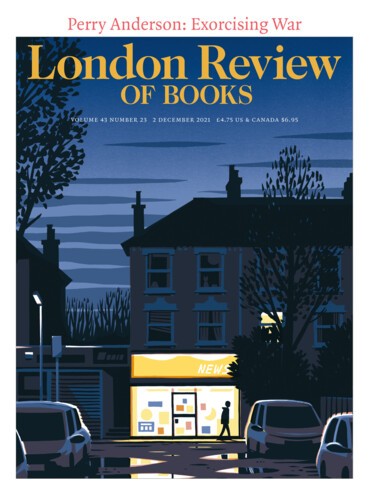My father told me to return to my birthplace,
the cave of Amnisos, and wait for a woman,
that she would need me. I knew what that meant –
he’d impregnated another mortal whore.
I returned unwillingly to Crete. Everything
was as it used to be, the same crude symbolism –
the cave’s narrow entrance, short stalactites
nippling the roof in rows, the mother-and-child stone
growing drip by mineral drip.
For once, it felt like home. I lit the fires,
boiled the water, prepared and steeped
the necessary herbs, arranged the oil and wool,
sampled the many types of votive honey
left here in my absence, spoke into
the bats’ soft ears and waited. She did not come.
Perhaps she was too proud to ask for help,
too ignorant to know where to go,
or perhaps she simply did not wish to live.
At last I heard her screams a long way off
and found the girl my father had left,
sixteen or so, crawling on the floor like a beast.
She backed away when she saw me for a goddess,
baring her teeth and cursing the gods,
then vomiting phlegm when the next pang
tightened her in its vice. Nothing to be done
in her hovel – no fire lit, no cloths, no oil.
I swept her up and took her back to Amnisos,
felt her contracting in my arms, that pain.
Twice she soiled herself. I felt pity for her then,
the wretch, a demi-god trying to force its way out,
rearranging her small and mortal bones.
When we gained the cave I sat her on the birthing stool
and made her drink – tincture of artemisia and myrrh –
then got to work, massaging her canal
then belly, pushing down in motion with her pangs
as I held her perineum. Her birth-waters broke,
volcanic, scalding and rushed to join the river,
and then the child erupted; I barely caught it as it surged
into my hands, red and slippery, still cauled.
It was his all right, my father’s – the usual heat,
the usual golden sheen. She didn’t want to look.
I cut the umbilicus with a clean potsherd,
gave her chaste-tree to drink, to loosen
the afterbirth, salted and cleaned the baby
three times, oiled his eyes and mouth and ears,
unstopped his anus, clucked over his perfect limbs.
When I turned back she’d slid from the birth-stool
to the ground, half-sat, her head propped awkwardly up,
her white eyeballs rolled to the cave roof
her lower half slumped in a tidal pool of red;
and still her body kept emptying itself
trying to wash itself away in blood.
Her lips were almost black in the whey of her face.
I cursed my father and ran for ice, packed her
as far as I could reach and argued with Artemis
to keep the girl. At last the bleeding stopped.
Europa slept two days but did not die.
Meantime I prayed and fed the baby honey water,
sang it all the old lullabies. On the afternoon
of the second day, I turned and saw she was awake
and was reaching for the child. I swore to protect her
and laid him in her arms. There were two more
births to come, each as bad as this,
but she knew how to find me, by then,
I would be better prepared, and she was brave.
Send Letters To:
The Editor
London Review of Books,
28 Little Russell Street
London, WC1A 2HN
letters@lrb.co.uk
Please include name, address, and a telephone number.

